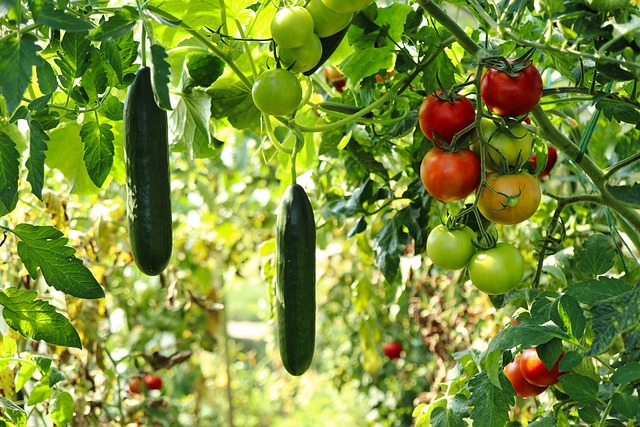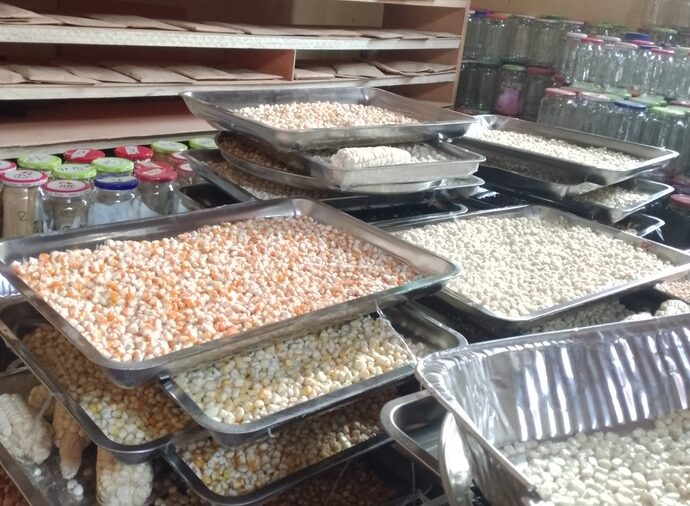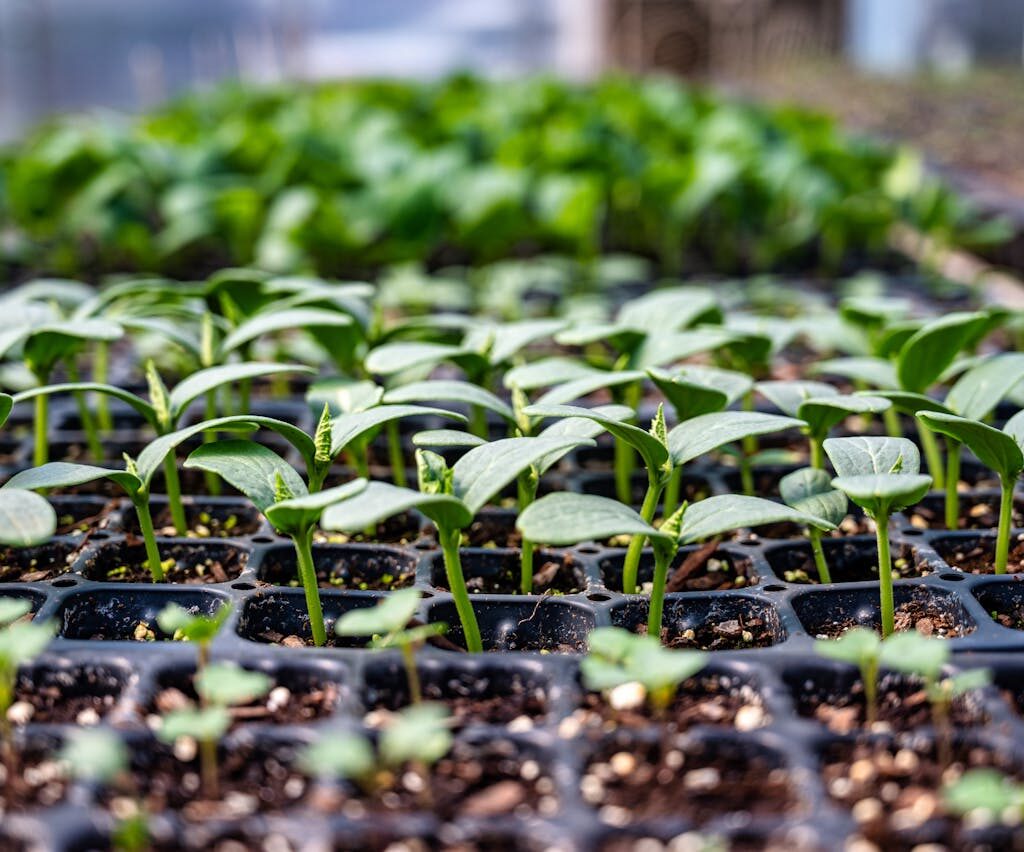BOLD (Biodiversity for Opportunities, Livelihoods and Development) is a 10-year project to strengthen food and nutrition security worldwide by supporting the conservation and use of crop diversity.
Funded by the Government of Norway and launched in 2021, it builds on the work and achievements of the decade-long Crop Trust-led Crop Wild Relatives Project, also funded by Norway, and complements the recently completed Templeton Pre-Breeding Project and the ongoing Seeds for Resilience Project, the latter funded by the Federal Government of Germany (BMZ), through the German Development Bank (KfW). The Project is led by the Crop Trust in close partnership with the Norwegian University of Life Sciences (NMBU), the Nordic Genetic Resource Center (NordGen) and the International Treaty on Plant Genetic Resources for Food and Agriculture.
The challenge
The world’s climate is becoming increasingly extreme and unpredictable. Global temperatures soar, droughts are increasingly frequent and severe, and pests and diseases are emerging in areas where they were not found before. These changes present crops and the farmers who grow them with new challenges.
These challenges are combining to destabilize agricultural yields and change where and how our current crops can be grown successfully. All this at a time when the world’s population is 8 billion people and more than 820 million people are affected by hunger, with the number increasing rapidly.
A BOLD solution
More resilient crops, robust agricultural production systems and diets that are better for people and the planet – all of these start with crop diversity.
Genebanks are central to the conservation of crop diversity, but conservation alone is not sufficient. We have to make sure that all those who can use that diversity – farmers, plant breeders, seed producers and the like – know what diversity is available, where and how to access it, and have the skills and knowledge to put it to use. This includes pre-breeding where breeders – and even farmers in some cases – make the initial crosses between distantly related plants and their domesticated relatives to introduce new beneficial diversity. We must put in place mechanisms to strengthen the connection between genebanks and others involved in seed systems to make sure that farmers and plant breeders have access to the crop diversity they need.
The BOLD Project addresses all these aspects, from strengthening the conservation and safely backing up germplasm, through participatory breeding and evaluation to engagement with key audiences to raise awareness of the importance of crop diversity to our future food and nutrition security.
In this project, we will work with Partners to achieve the best results in all three communities where the freezer will be kept to safeguard genetic resources and prolong their viability, of interest to this vital project, in the regeneration of the crop diversity and safety duplication of indigenous, endangered species in the aforementioned communities for long-term Storage at Svalbard Global Seed Vault mindful of its importance to posterity, given the various pressures on biodiversity.
The regeneration will take place in Sabongari and Bamendankwe in the north-west region and Tiko in the south-west region. These are areas with rich soils, available water and our selected crop will seed well in these regions and the regions have a diversity of microclimates, of interest to our results.



